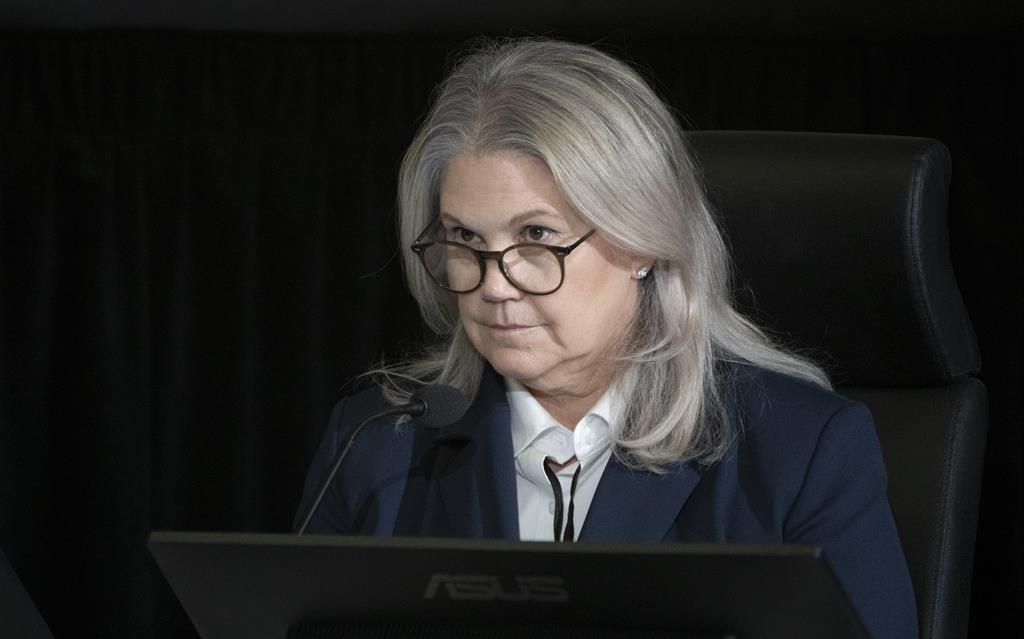The national security adviser to Prime Minister Justin Trudeau says that senior officials are planning ahead for the possibility of another “Freedom Convoy“ protest in early 2023.
Jody Thomas told a parliamentary committee Thursday evening that deputy ministers, some of the most senior civil servants in the government, are meeting to discuss the prospective demonstration for the first time this week.





